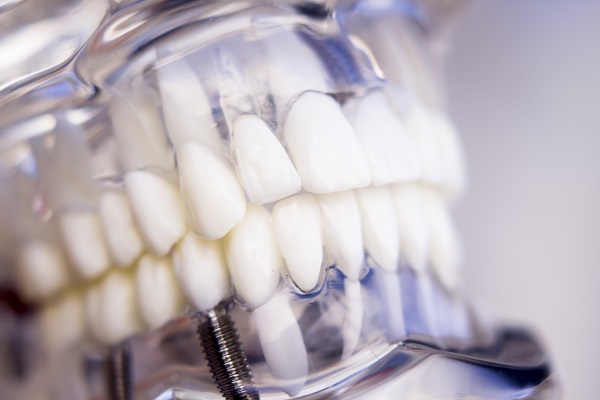How Successful are Dental Implants?

Over the past few decades, dental implants have become common for replacing missing permanent teeth. Part of the reason for their popularity is their high success rate. According to the American Academy of Implant Dentistry, the success rate of implant restoration is over 95%.
Dental implant failure is rare, but it can be devastating when it does occur. Fortunately, there are things you can do to decrease your already-low chances of dental implant failure.
Tips to prevent failure of dental implants
There are different factors that can contribute to dental implant failure. Some, such as the dimensions of the hardware, are beyond your control, although you can discuss this with your dentist prior to the procedure. Other factors you can control or at least influence. Here are some tips that can help improve your chances of the success of your implants.
Talk to your dentist about bone grafting
Dental implants require supporting bone that is of good quality. Unfortunately, following tooth loss, the body starts reabsorbing calcium from the jawbone. You cannot control the quality of the supporting bone for your implants, but you can ask your dentist if bone grafting is an option for you. This procedure increases the quality and quantity of supporting bone so that it can support an implant more effectively.
Maintain good oral hygiene
While it is true that the tooth prosthesis is impervious to decay, getting one or more dental implants does not mean that you can neglect your oral hygiene. Periodontal disease can decrease bone density, which in turn can compromise the integrity of your implants. Therefore, it is just as important to brush and floss your teeth daily as recommended by your dentist following the implant procedure.
Fortunately, implants do not require any unusual dental hygiene measures. You can brush and floss them just as you do your natural teeth.
Stop smoking
One of the reasons for dental implant failure is because of insufficient blood supply to the bone for timely healing. As a result, the implant does not fully integrate with the bone, leading to eventual failure. Smoking reduces blood flow to the bone. To prevent implant failure, your dentist may require that you stop smoking before the dental implant procedure.
Take care of your overall health
Certain health conditions, such as diabetes, can also reduce blood flow and contribute to dental implant failure. Keeping these conditions under control can improve your chances of success.
Follow postprocedure instructions
Following the placement, you will receive instructions on how to take care of your implants. These instructions include infection prevention measures such as taking antibiotics and performing antimicrobial rinses.
The instructions will probably also include dietary restrictions. For example, you may have to have a liquid diet at first and then have to eat soft foods for a while. These restrictions prevent you from putting too much pressure on the implant before it has integrated with the jawbone.
Conclusion
Most dental implants are ultimately successful. When failures occur, it is often because patients did not follow the instructions they were given following the procedure.
Request an appointment here: https://siegertdental.com or call Siegert Dental at (608) 394-3943 for an appointment in our Onalaska office.
Check out what others are saying about our dental services on Yelp: Dental Implants in Onalaska, WI.
Related Posts
One of the reasons why dental implants are a popular option for tooth restoration is that they are durable. With the proper care, they can last a lifetime. Maintaining your implants is not much different than caring for natural teeth, but you have to be diligent about dental hygiene to avoid problems that could cause…
Dental implants have always been the most stable restorations you could ever have. They are a level higher than traditional dentures or fixed bridges. Each implant mimics the basic structures of a natural tooth. It is stable on its own. Imagine what it would be like to have them replace your dental arches. If you…
Dental implants are a popular way for people who are missing multiple teeth to restore functionality and create a better smile. The procedure takes place over several appointments and requires the patient to follow specific aftercare instructions. Following a dentist's aftercare directions closely is essential for a safer and faster healing process.There are a variety…
Some patients who want dental implants do not have enough jawbone to support the implants. Bone grafting procedures can sometimes enhance the density and strength of the jawbone to make implants an option for these patients.During a dental bone grafting procedure, a dentist uses bone from another part of your body or from a human…
